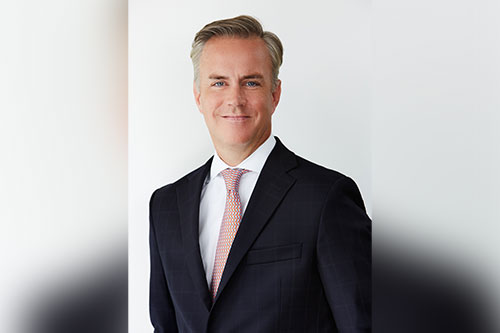

Global pandemics like COVID-19 have been deemed uninsurable by private insurers. The sheer size and unpredictability of pandemic events makes them nigh on impossible for the industry to apply a standard underwriting practice to. For that reason, most standard insurance contracts around the world include clear policy wording that excludes coverage for pandemic and communicable diseases.
Despite common virus and bacteria exclusions, a significant number of lawsuits and class actions have been filed against US insurers for denying business interruption claims resulting from coronavirus-related losses. The industry has taken a united stance in that they cannot pay claims on insurance policies for which they collected no premiums due to the virus and bacteria exclusions, but that has not stopped some policymakers from suggesting retroactive measures that would essentially force insurers to rewrite contracts and pay out business interruption losses.
The suggestion of retroactive measures has caused major concern in the industry, with executives like Chubb CEO Evan Greenberg suggesting it would “bankrupt the industry”. In a similar vein, Insurance Information Institute (I.I.I.) CEO Sean Kevelighan (pictured) said that while the insurance industry recognizes the need for financial relief during these difficult times is severe, “any attempts to make insurers retroactively responsible for a global pandemic puts the solvency of many insurers at risk.”
According to the iii, auto, home and business insurers in the US saw their collective policyholders’ surplus – the cumulative value of their assets, minus its liabilities – drop to $770 billion from $847 billion in the first quarter of 2020. The surplus is meant to pay claims resulting from covered catastrophe events that cause direct physical damage to property, such as hurricanes, tornadoes, and fires. When the surplus drops below $400 billion, that’s when the economic situation is deemed critical, with many insurers at risk of insolvency.
“$770 billion sounds like a large amount of money, but when you put it into context, US insurers have paid out $1.2 trillion in claims over the last three years. In comparison, that surplus can get diluted very quickly depending on the circumstances.” Kevelighan told Insurance Business.
Insurance regulators require that insurance companies maintain a certain amount in surplus in order to continue to conduct business. By law, insurers must hold a portion of their assets as either cash or readily marketable securities so that they will be able to make good on their claims promptly. This is something insurers won’t be able to abide by if they’re forced to take retroactive measures regarding business interruption coverage.
In the US, approximately 36% of small businesses add business interruption insurance on to their commercial property policy. According to iii analysis, if insurers were to go back and apply retroactive contracts with pandemic coverage for the 36% of small businesses who bought the business interruption add-on – something that Kevelighan claims would be unconstitutional to enforce – it would cost the industry about $150 billion a month.
“Then, if you were actually to apply it to all business insurance policies, the cost could get up upwards of $400 billion a month, which means it would only take a matter of months to dilute the industry surplus [of $770 billion], and it would put systemic strain on the industry through bankruptcies,” Kevelighan added. “What’s dangerous and unfortunate there is that the surplus exists to pay for those covered claims that are happening and will happen. Whether it’s a fire, a tornado, or a hurricane – they’re the perils that premiums have been put into that surplus to pay for. If insurers are forced to dilute that surplus to cover something that wasn’t underwritten for in the first place, there’s a risk of taking precious money away from people when they need it to recover from catastrophes.”
The iii recently launched an initiative called the Future of American Insurance & Reinsurance (FAIR) campaign, which aims to “ensure fairness for all customers and safeguard the industry’s long-standing role as a pillar of economic growth and stability”. The FAIR campaign will serve as an educational resource for all stakeholders, including the public and policymakers, as people search for solutions to the country’s ongoing economic turmoil.
“Insurance does a lot to keep the American economy moving now and always, and the reason for that is because people can take on more risk and go on and live their lives with the understanding that insurance will be there if something bad happens,” said Kevelighan. “When you take that away [possibly by diminishing the industry’s surplus] that gets very dangerous for people, and it potentially gets dangerous from an economic growth perspective as well.”
